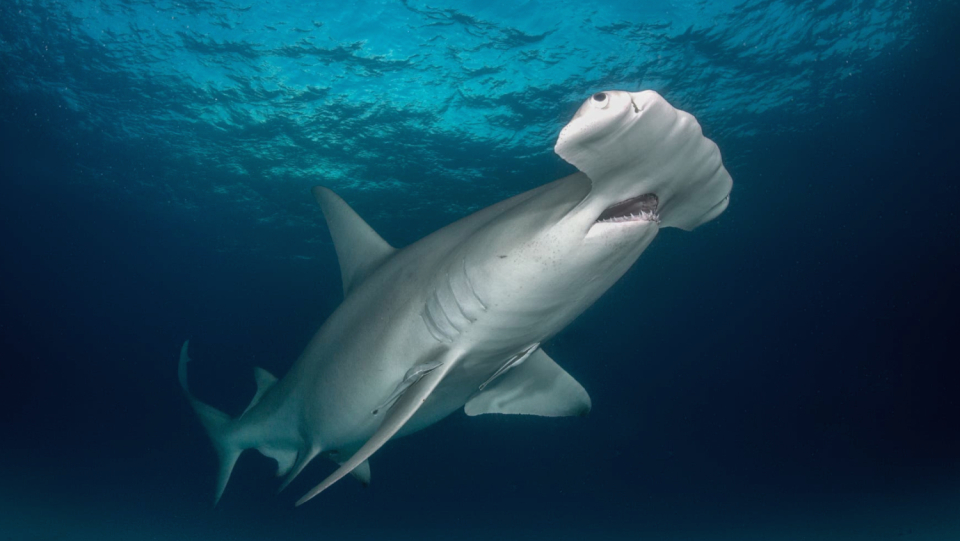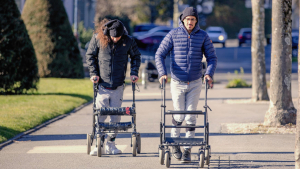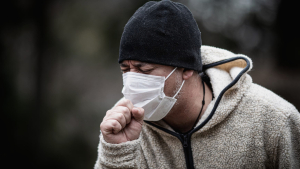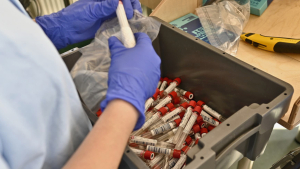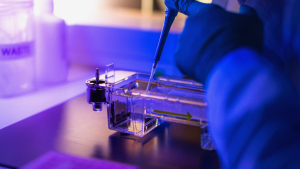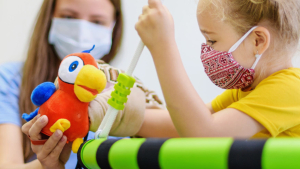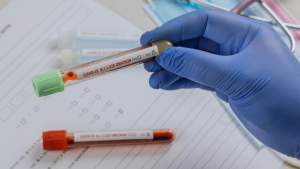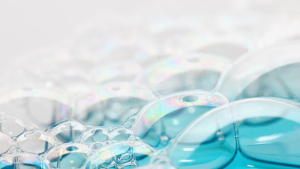A lot is said about the immune system of sharks. Among other things, the fish should not get cancer, which is why a brutal business with shark cartilages began. This was simply superstition. However, a small component of shark body defense could perhaps help us in the fight against corona in the future: small antibody-like proteins, so-called VNAR, seem to prevent coronaviruses from infecting human cells. This is reported by Aaron LeBeau from the University of Wisconsin-Madison and his team in "Nature Communications". However, there is still a long way to go before clinical application.
The proteins specific to Sars-Cov2 were isolated from the large synthetic VNAR libraries from elasmogen, a Scottish biomedical company that specializes in the development of therapeutic VNAR. These haip proteins are significantly smaller than human antibodies, but can bind to the infectious particles and make them harmless.
The team also tested the Hai-VNAR against a "pseudotype," a version of the virus that cannot reproduce in cells. From a pool of billions of VNAR, it finally identified three candidates that effectively prevented the virus from infecting human cells. The three variants also rendered Sars-CoV-1 harmless, which had triggered the first Sars outbreak in 2003.
The focus of the study was once again the spike protein of the virus with which it binds to human cells. One of the three VRAN blocks this binding process at a very specific point and thus prevents the virus from penetrating the cell. This region is very similar in genetically different coronaviruses, so that the protein called 3B4 can even effectively neutralize the MERS virus, which has also jumped to humans from camels and has triggered serious illnesses.
LeBeau and Co have also successfully tested 3B4 against the Delta variant: The binding site had not yet changed in this version of Sars-CoV2 and could therefore be relatively stable. However, the test at Omikron is still pending. The second strongest shark VNAR, called 2C02, also brings the spike protein into an inactive form. However, its binding site is already altered in some Sars-CoV-2 variants, which could reduce its effectiveness.
However, a longer time still passes until the application is ready. They would be too late for the current pandemic. LeBeau and Co suspect that combinations of several Hai-VNAR would then be administered to maximize efficacy. The antibodies are then also produced synthetically. So no one needs to go out and buy haisteaks now. They would be ineffective anyway. However, after antibodies from the blood of alpacas, the Hai-VNAR offer a second opportunity to develop drugs against coronaviruses.







